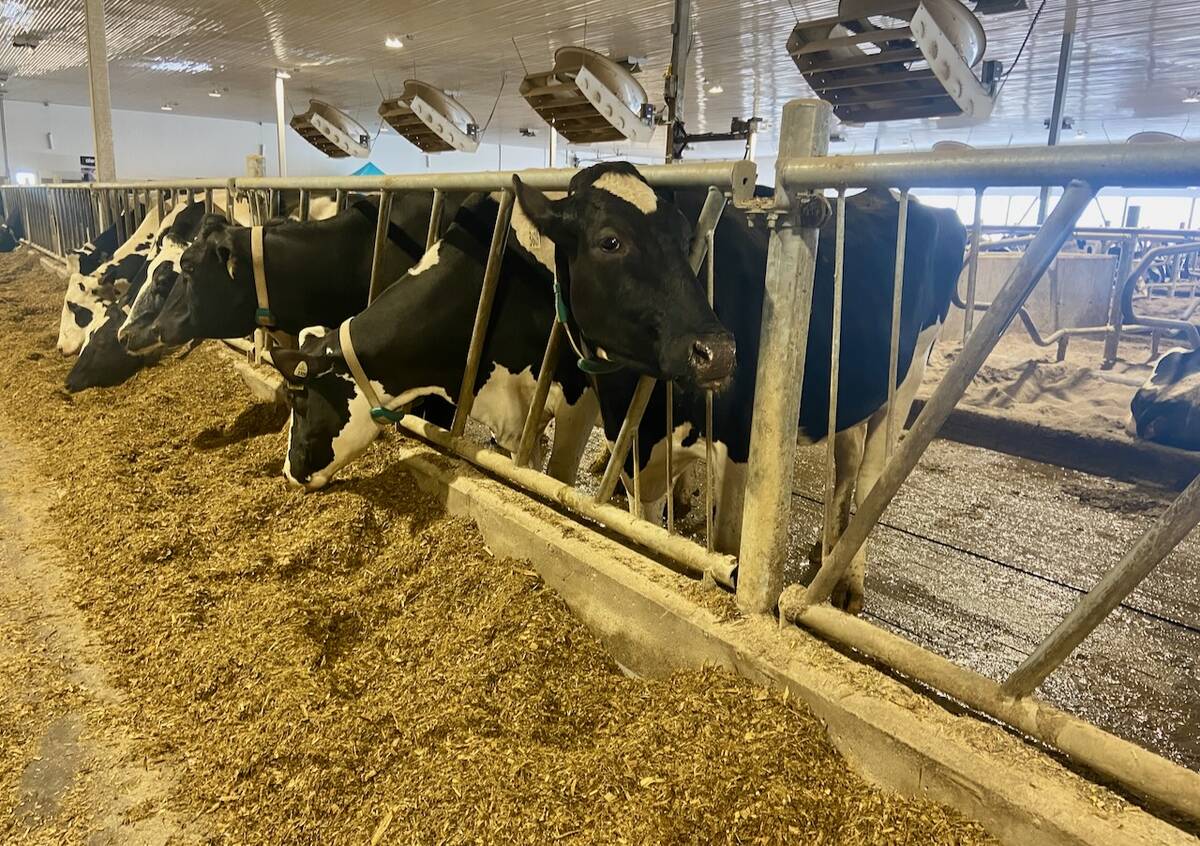Don’t jeopardize European markets, warns a German importer
A European mustard buyer urges Canadian growers to steer clear of developing genetically modified varieties.
“The very moment you would be starting here to do field trials with some GM mustard, that would be it,” warned Michael Kemperdick, managing director of Schluter & Maack, a German importer of Canadian mustard.
Kemperdick reminded growers that the discovery of an unapproved GM variety in shipments of flax to Europe destroyed a market once worth hundreds of millions of dollars to Canadian growers.
The European Union has a zero tolerance policy for unapproved GM varieties in shipments of food crops.
Read Also

U.S. farm group supports supply management
U.S. grassroots farm advocacy group pushing new agriculture legislation that would move towards supply management like Canada has for dairy industry
“If one grain is found, that would be a problem,” Kemperdick told producers attending the mustard portion of Crop Production Week.
Kevin Hursh, executive director of the Saskatchewan Mustard Development Commission, said the industry is well aware of Europe’s concerns.
“There is nothing happening with condiment mustard and GMO. Nobody is touching that with a 10-foot pole,” he said.
Hursh thinks Kemperdick might be referring to some of the work happening with carinata or Ethiopian mustard, an industrial oilseed grown to supply the biojet fuel industry. Researchers are working on developing GM lines of that crop.
However, Hursh said carinata would have to go through the appropriate regulatory approvals before it is commercialized, and there is hope that the EU will have adopted a policy for handling low-level presence of GM traits by that time.
Kemperdick said Canada is the only reliable source of quality mustard for European condiment makers. The EU accounts for one-third of Canada’s annual mustard exports.
“Just make sure you don’t lose a market to enter new markets that are probably not as good as they may look,” he said.















